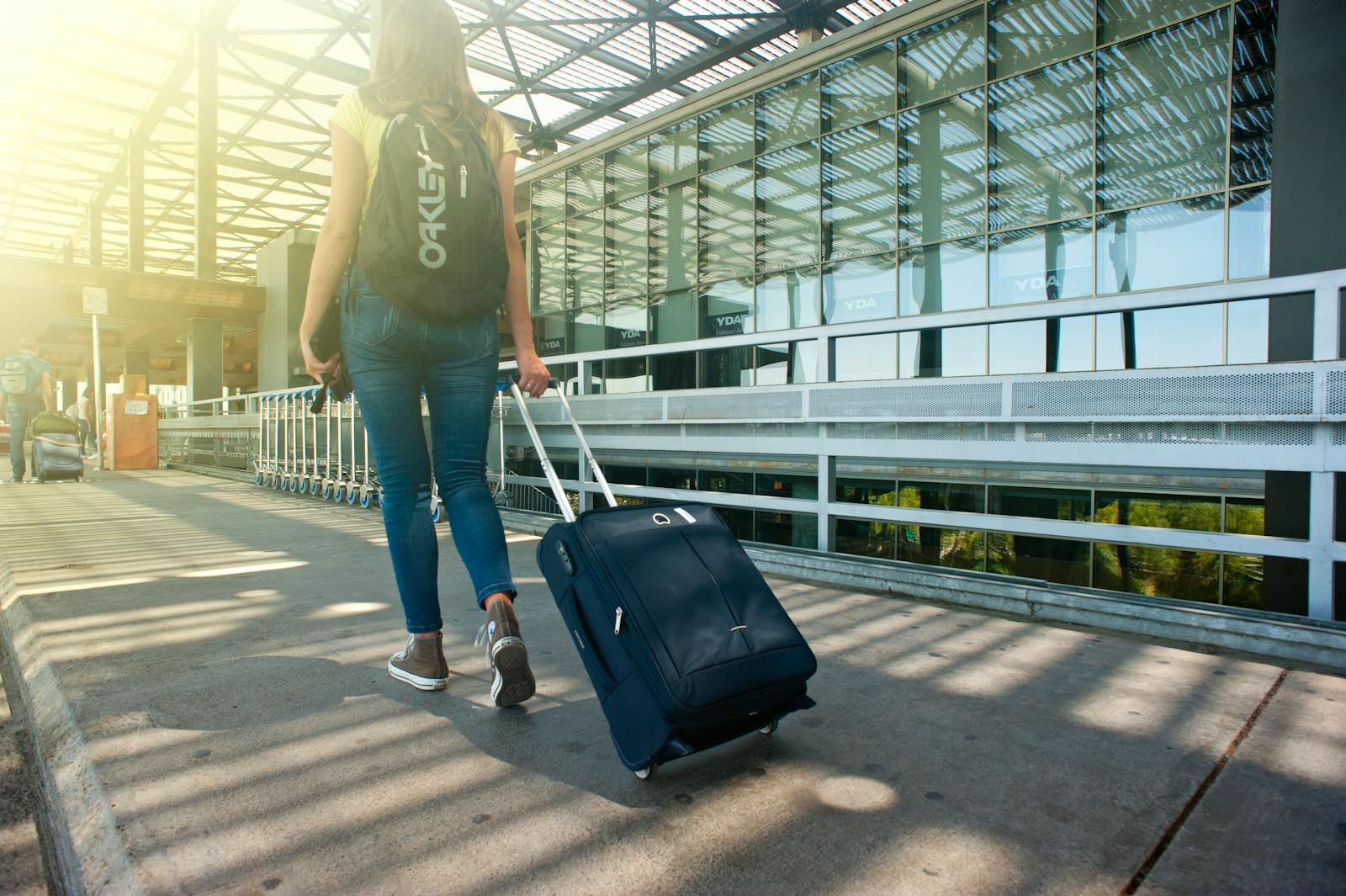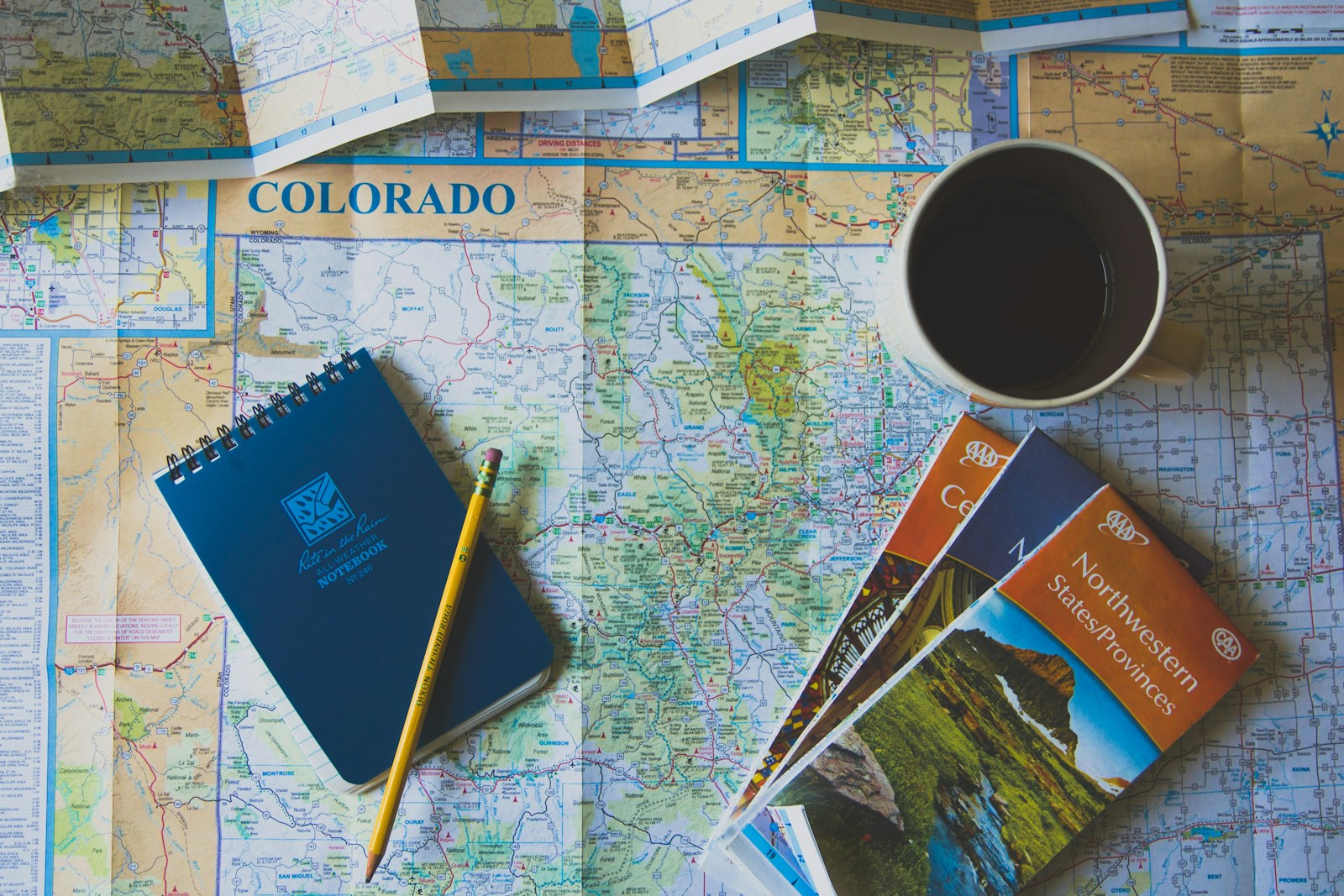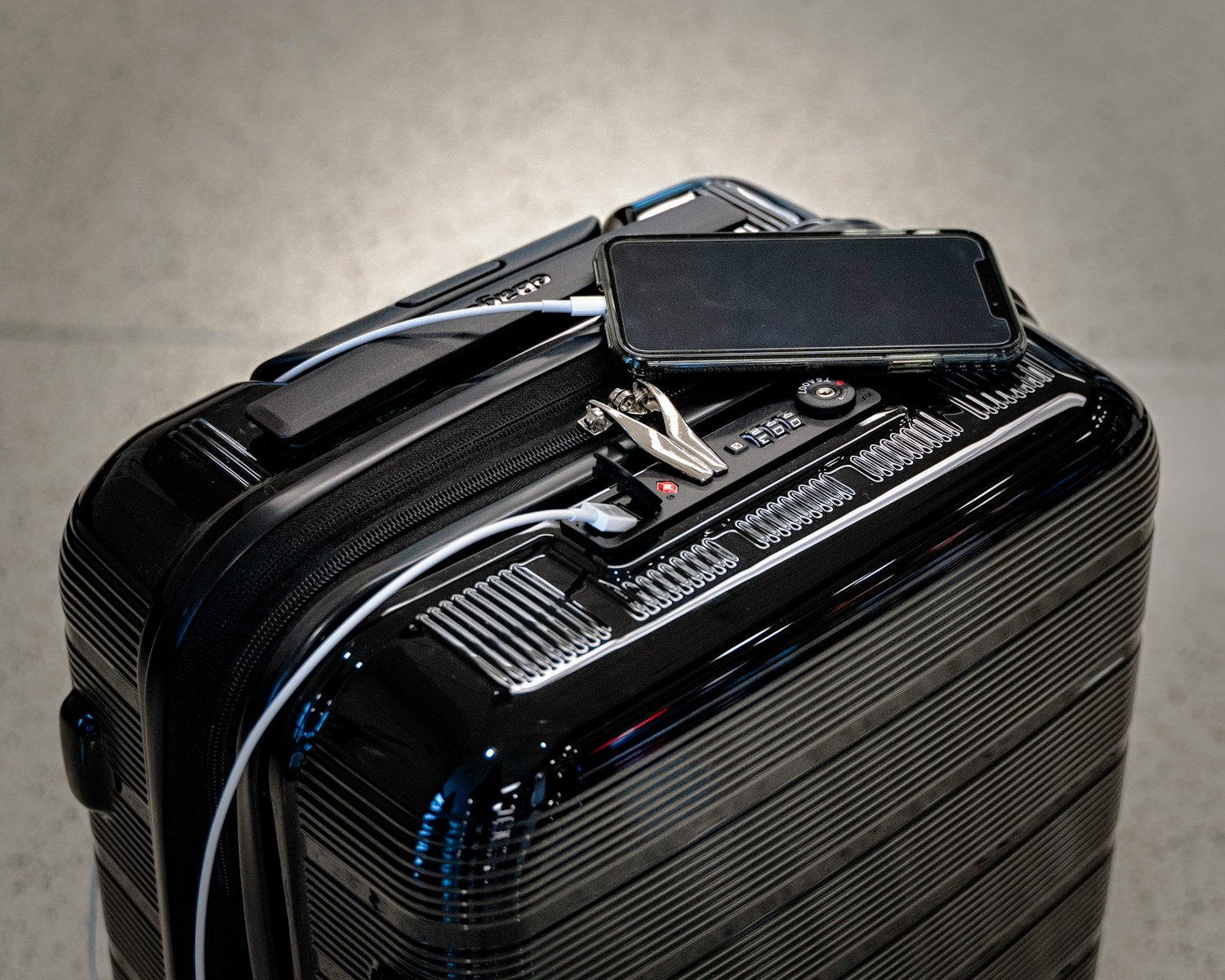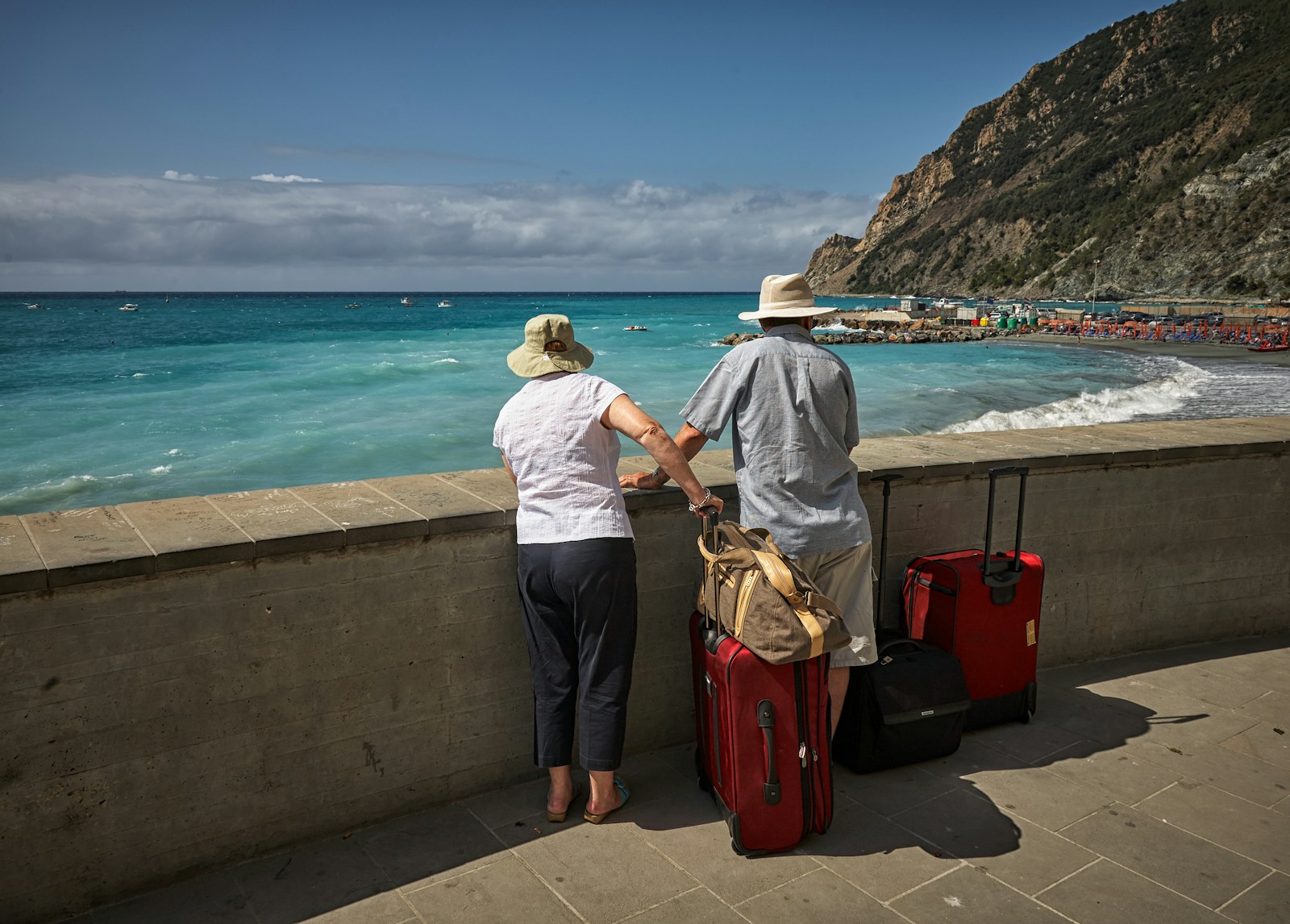Introduction
Have you noticed how words can take you on a trip of their own? For travel enthusiasts, digital nomads, and adventure seekers, understanding the language of travel is as crucial as knowing how to pack a suitcase. This blog dives into an intriguing topic that has puzzled many in the travel community—the difference between “travel” and “travell.” At first glance, they seem like simple spelling variations, but there’s more to it than meets the eye. Join us as we unravel the linguistic threads that weave together these two terms and explore their significance in the world of travel.
The Basics
To kickstart our exploration, let’s define “travel” and “travell.” “Travel” is the widely accepted standard spelling, referring to moving from one place to another, typically over a long distance. It’s a term that encapsulates the excitement and thrill of exploring new destinations. On the flip side, “travell” is often viewed as an archaic or less common version, occasionally cropping up in historical texts or regional dialects.
The etymology of these terms offers an insightful glimpse into their origins. “Travel” stems from the Old French word “travailler,” which means “to work strenuously.” This makes sense, as travel often involves effort and planning. Meanwhile, “travell,” hailing from the same root, was used more frequently in earlier centuries. Over time, language evolution favored the streamlined spelling we know today.
The Digital World
In the age of the internet, language evolves faster than you can say “digital nomad.” Social media platforms like Instagram and TikTok have become breeding grounds for new travel jargon. This phenomenon extends to the travel vs. travell debate, with some influencers opting for unique spellings to stand out.
Bloggers and influencers play a pivotal role in popularizing these terms. By using specific language styles, they create an identity that resonates with their audience. Whether intentional or not, such linguistic choices can spark trends and shape how we communicate about travel online. It’s fascinating to see how the digital landscape influences the words we choose and how they reflect our experiences.
Global Perspectives
Travel is a global affair, and so is language. Regional variations can lead to fascinating differences in the usage of “travel” and “travell.” In certain countries, local dialects or languages might favor one version over the other. For example, in parts of England, older generations might recall seeing “travell” in print, evoking a sense of nostalgia.
Cultural differences also play a role in the choice of words. In some cases, “travell” might be used to convey a more literary or poetic nuance, adding a touch of elegance to the storytelling. Understanding these regional preferences can enrich your travel experiences, offering insights into the unique cultural fabric of each destination.
The Future of Travel Language
Language is a living entity, constantly evolving with society. Predicting the future of travel language is akin to forecasting the next must-visit destination—it’s both exciting and uncertain. However, one thing is clear: as global interactions continue to flourish, so will linguistic diversity.
Content creators and businesses must adapt to these changes, developing strategies that resonate with diverse audiences. Travelers, too, can benefit by being open to new expressions and incorporating them into their narratives. The key is to remain flexible, curious, and willing to learn from the dynamic world of words.
SEO and Traffic Generation
For bloggers and businesses looking to attract an audience, understanding language nuances can be a powerful tool. Optimizing content with strategic keywords like “travel” and its variations can boost visibility and drive organic traffic. Incorporating popular trends and hashtags related to travel can further engage the target audience.
When crafting content, it’s essential to strike a balance between readability and SEO. Use natural language that resonates with readers while strategically integrating keywords for search engines. Engaging your audience in discussions about travel terminology can also foster a sense of community and encourage meaningful interactions.
Conclusion
In the world of travel, words are more than mere descriptors; they are gateways to new experiences and connections. The debate between “travel” and “travell” highlights the richness of language and its ability to evolve alongside culture. By understanding these linguistic nuances, travel enthusiasts, digital nomads, and adventure seekers can enhance their journeys both online and offline.
We invite you to share your thoughts and experiences with travel language. Have you encountered unique spellings or terms during your adventures? Join the conversation and continue exploring the fascinating world of words in travel. After all, every trip begins with a single word, and every word carries the promise of discovery.


























